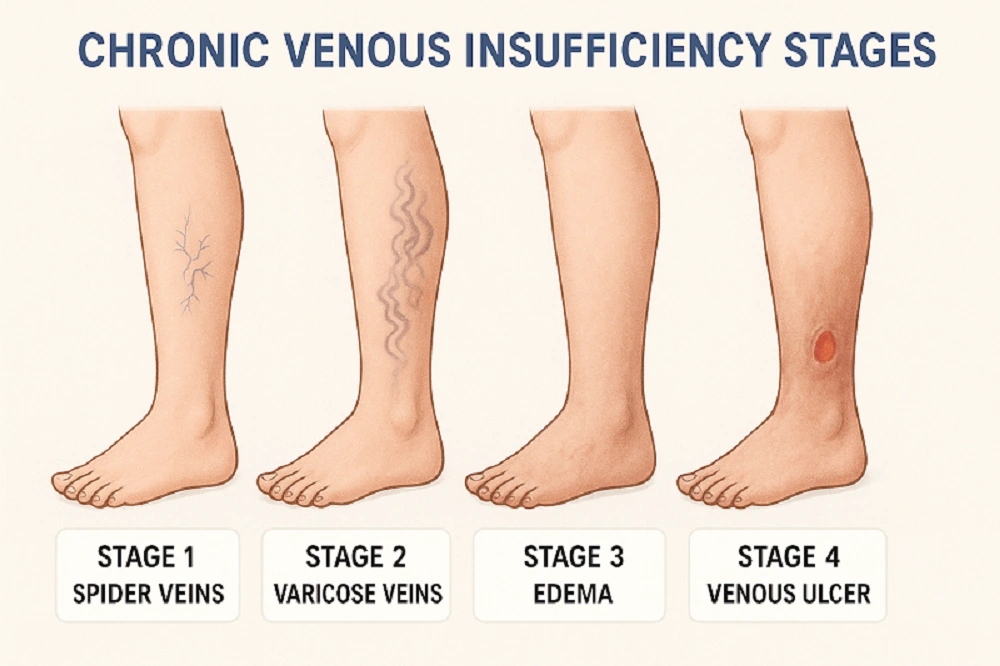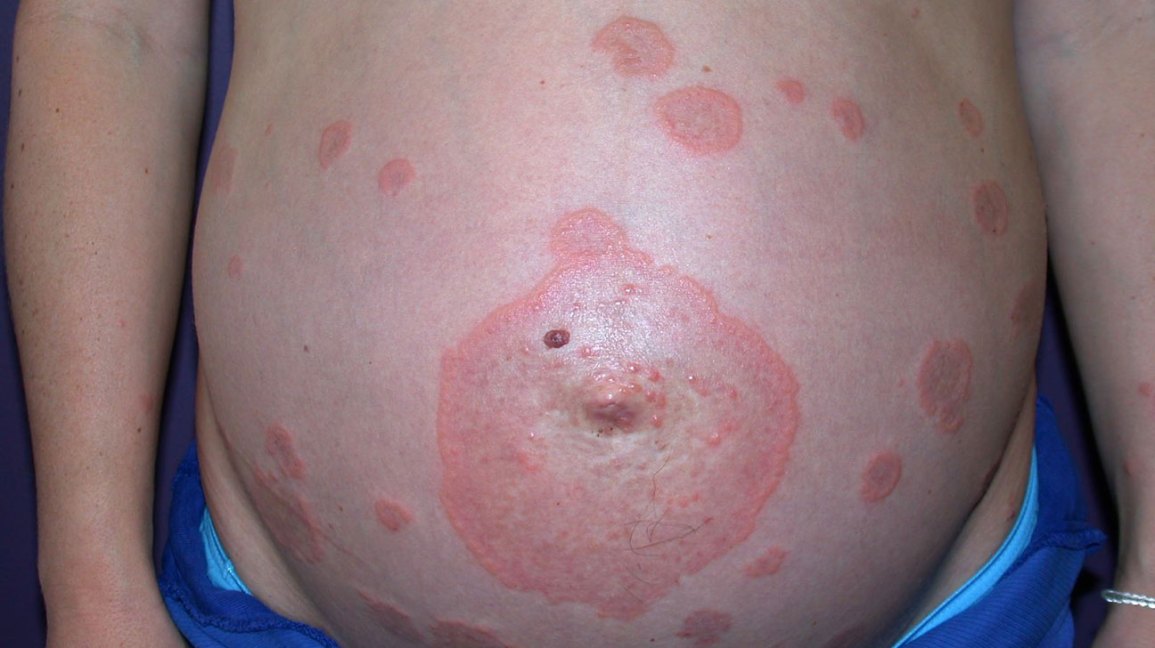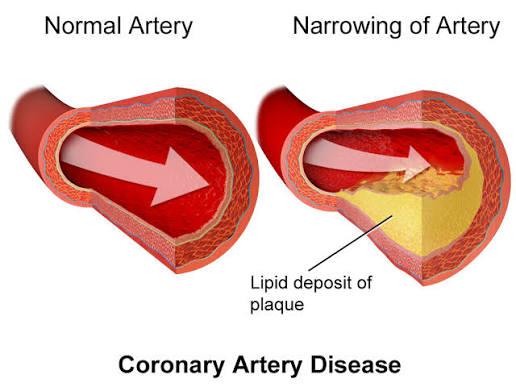
A 65-year-old man with a history of alcohol abuse is scheduled for surgery. Which preoperative serum concentration would best assess his synthetic hepatic function?
- (A) Serum creatinine
- (B) Prothrombin time ✓
- (C) Serum bilirubin
- (D) Serum albumin
In assessing the synthetic hepatic function of a patient, particularly one with a history of alcohol abuse, the most relevant preoperative serum concentration is prothrombin time (PT).
The liver plays a crucial role in synthesizing various proteins, including clotting factors. Among these factors, prothrombin (factor II) is essential for blood coagulation. In patients with liver dysfunction or damage, such as those with chronic alcohol abuse leading to cirrhosis or hepatitis, the synthesis of prothrombin can be significantly impaired. Consequently, an elevated prothrombin time indicates compromised hepatic synthetic function.
While serum albumin and serum bilirubin are also important markers of liver function, they are not as directly indicative of the liver’s ability to synthesize proteins as prothrombin time. Serum albumin levels can be affected by nutritional status and other conditions unrelated to liver function. Similarly, serum bilirubin levels can rise due to hemolysis or biliary obstruction rather than solely due to hepatic synthetic impairment.
Serum creatinine is primarily a marker of renal function and does not provide information regarding hepatic synthetic capacity.
Therefore, among the options provided:
(B) Prothrombin time is the best choice for assessing synthetic hepatic function in this context.







